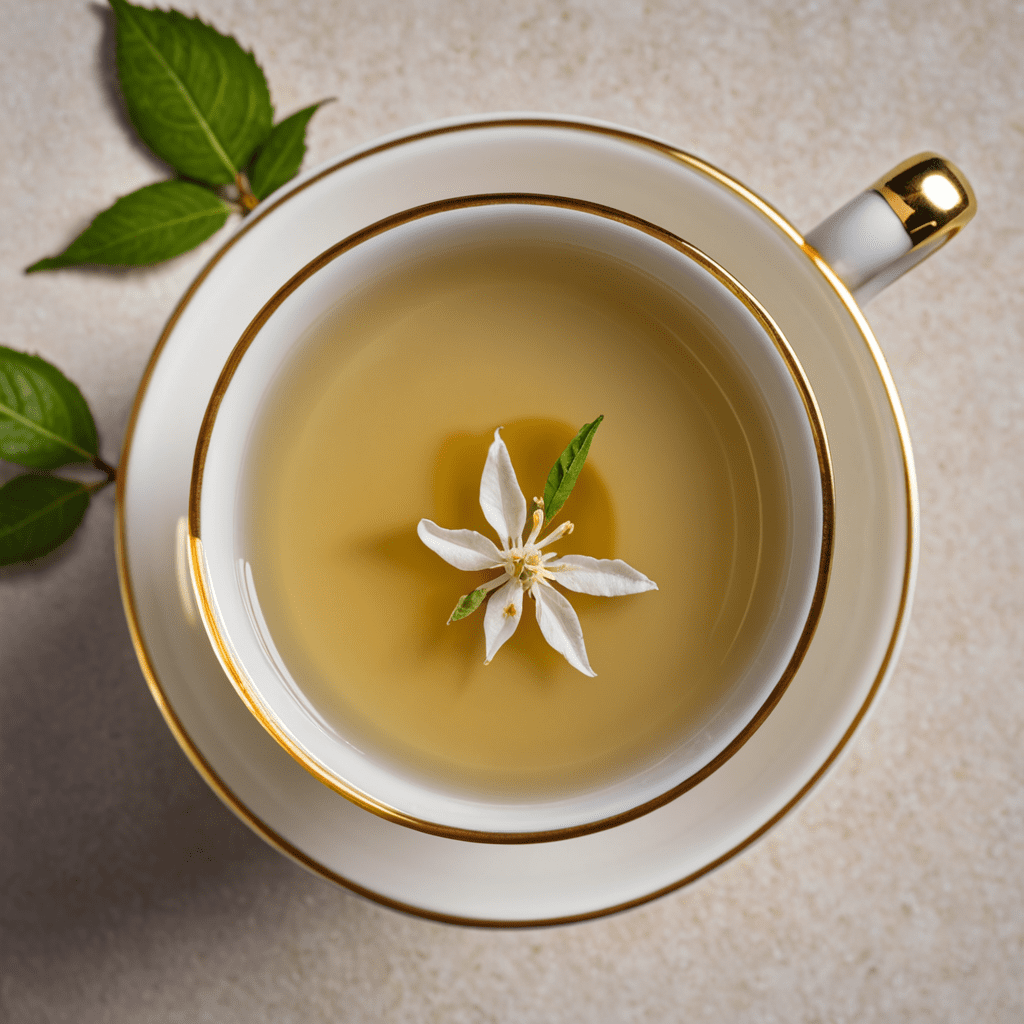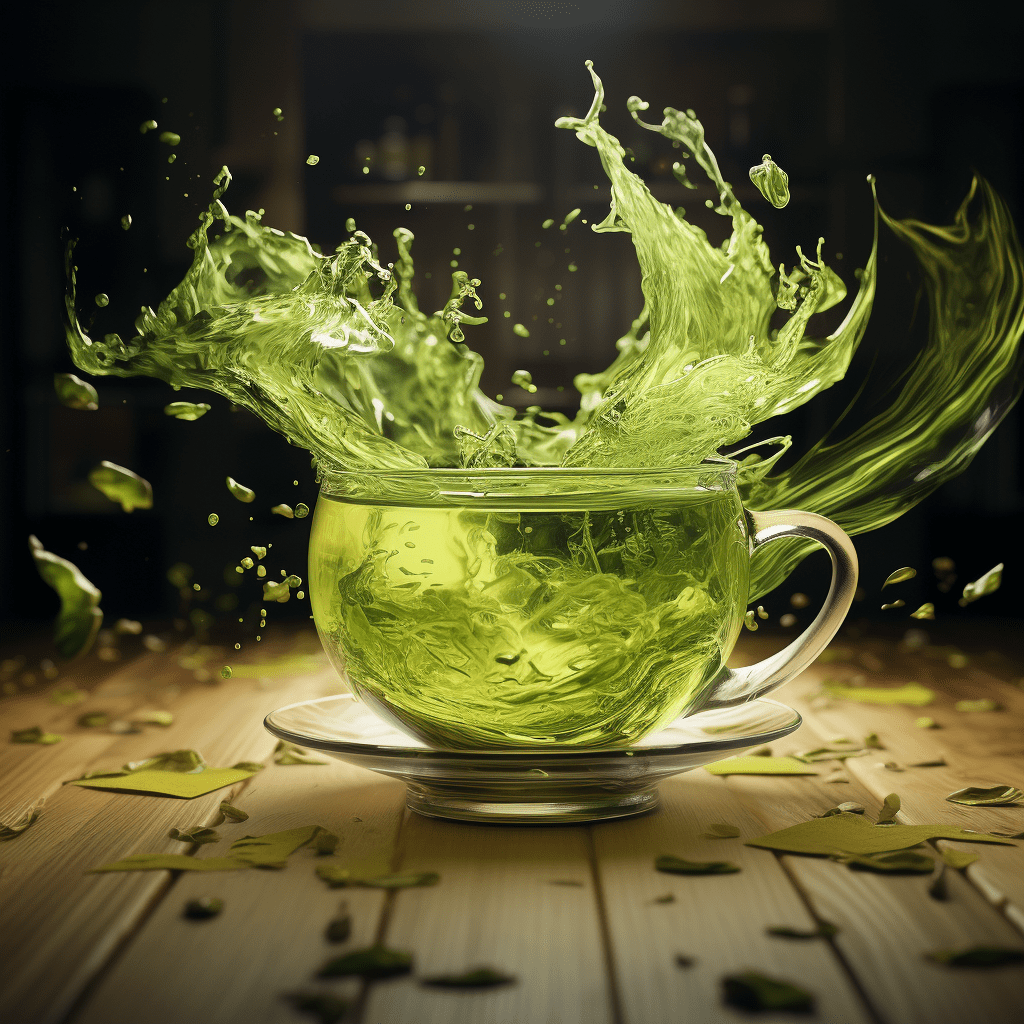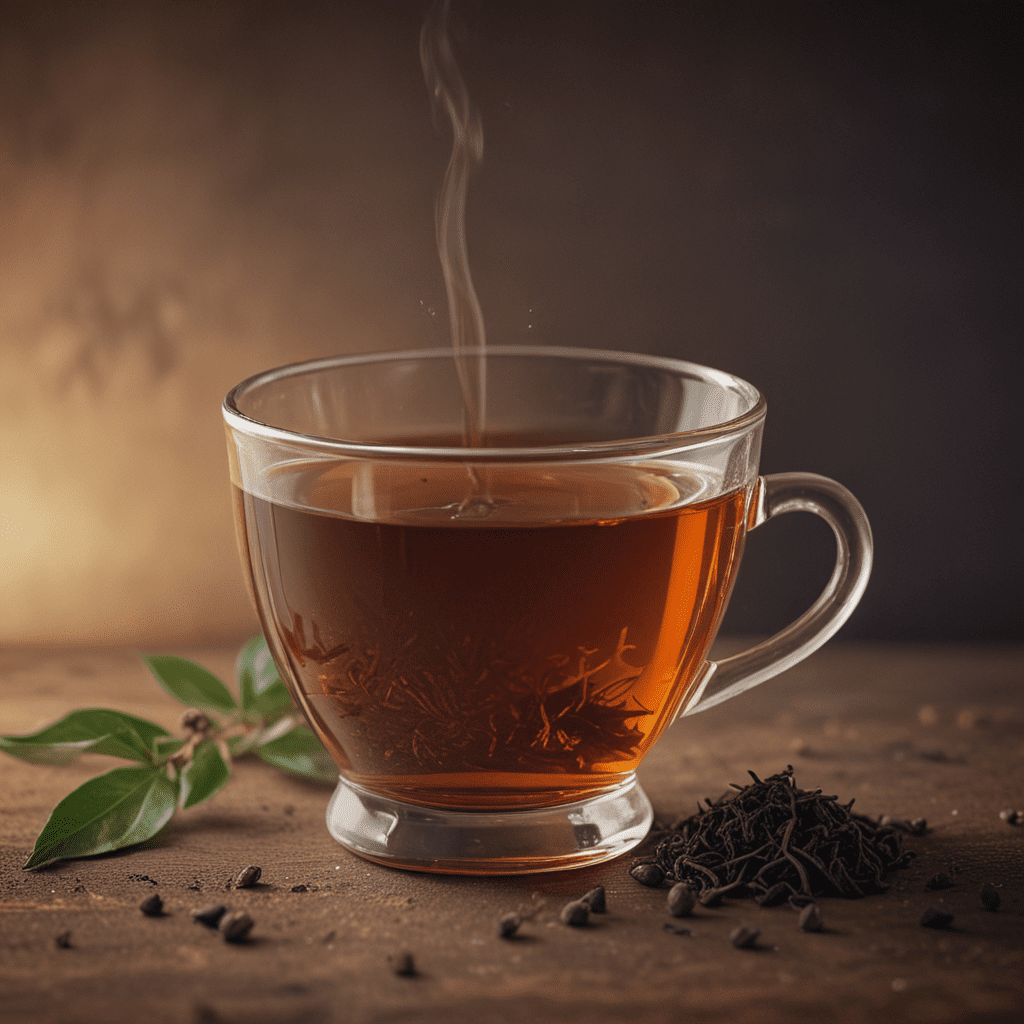White Tea: A Moment of Tea Reflection
White tea, known for its delicate flavor and numerous health benefits, provides an opportunity for a tranquil moment of reflection. This article delves into the origins, characteristics, and brewing techniques of white tea, offering insights into its significance in the world of tea.
The Origins of White Tea
Originating from the Fujian province of China, white tea is made from the young leaves and buds of the Camellia sinensis plant. Its production involves minimal processing, leading to a light, subtle flavor and high levels of antioxidants and polyphenols.
Characteristics of White Tea
White tea is distinguished by its pale, almost colorless infusion and a delicate, slightly sweet taste. Its low caffeine content and gentle flavor make it an excellent choice for those seeking a soothing tea experience.
Health Benefits
Rich in antioxidants, white tea offers various health benefits, including improved skin health, enhanced cardiovascular function, and potential cancer-fighting properties. Its minimal processing helps retain the natural nutrients present in the tea leaves.
Brewing Techniques
To brew the perfect cup of white tea, it is recommended to use water at a temperature of around 175°F (80°C) and steep the leaves for 2-3 minutes. This gentle brewing process allows the delicate flavors to develop without becoming overly bitter.
Significance in Tea Culture
White tea holds a special place in tea culture, often symbolizing purity and tranquility. Its subtle aroma and gentle taste make it a popular choice for meditation and moments of self-reflection.
Conclusion
White tea offers a serene and contemplative tea-drinking experience, allowing individuals to pause and savor a moment of tranquility. Its minimal processing and numerous health benefits further enhance its appeal, making it a beloved choice for tea enthusiasts worldwide.
White Tea: A Moment of Tea Reflection
What is white tea?
White tea is the least processed of all tea types, made from young tea leaves and buds. It undergoes minimal oxidation, preserving the delicate flavors and natural sweetness.
How is white tea different from other teas?
White tea stands out due to its light, subtle taste, lower caffeine content, and high levels of antioxidants. Unlike black or green tea, white tea is minimally processed.
What are the health benefits of white tea?
White tea is rich in antioxidants, which may help reduce the risk of chronic diseases. It also has antibacterial and anti-inflammatory properties, promoting overall well-being.
How should white tea be brewed?
To fully enjoy the delicate flavors of white tea, it should be steeped in water just below boiling for 3-5 minutes. Use 2 grams of white tea per 6 ounces of water for optimal results.
What does the “moment of tea reflection” refer to?
The “moment of tea reflection” signifies the calming and mindfulness-inducing experience of savoring a cup of white tea. It promotes self-reflection and relaxation.



